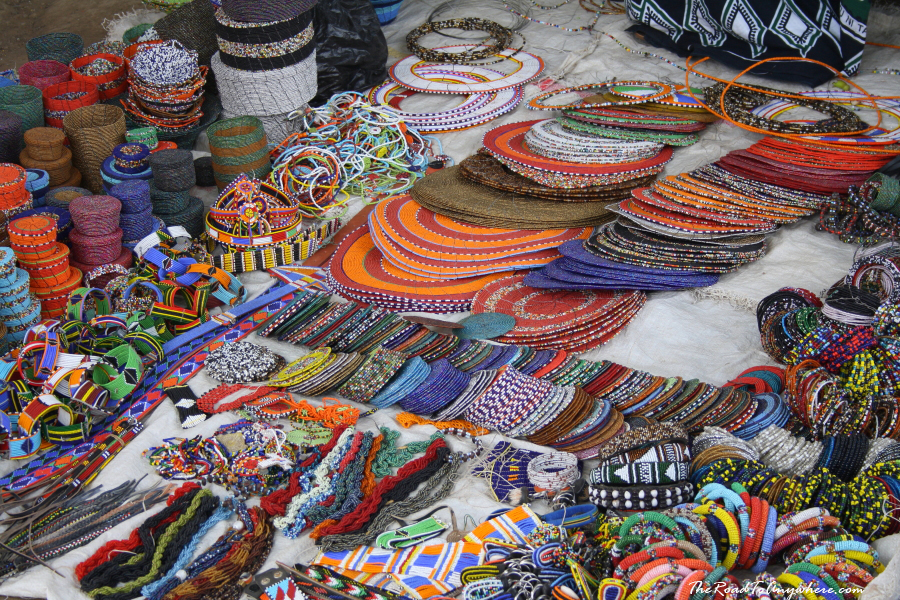
When Lilian Joseph,28, picked up a bundle of yarn on the road on her way from the shop where she had been sent by her mother 19 years ago, she had no idea that would be the beginning of her journey towards self employment later in life.
Today the Geography and Environmental Studies graduate earns a living through knitting, thanks to the yarn she picked almost two decades ago.
Growing up, Lilian’s parents had forbade her from picking up thrown away stuff but when Lilian saw this particular yarn someone had perhaps dropped accidentally, she could not help but pick it up. She just liked the yarn. The yarn increased her interest in knitting though she did not have the skills.
“I wanted to make purses using the yarn but I didn’t know how to do it. One of our neighbours used to make purses using yarn and when I approached her, she happily agreed to teach me how to knit. I learned the art so fast that in about five months, I had managed to make different designs,” the mother of one who lives in Moshi, Kilimanjaro Region proudly says.
Lilian graduated from the University of Dar es Salaam with a Bachelor of Arts degree in Geography and Environmental Studies in 2012. After almost five years of unsuccessfully searching for a job, late last year, Lilian decided to employ herself through her childhood hobby of knitting.
She started her business with a Sh10,000 capital, money she used to buy yarn and a crochet. She then made girls’ shoes and hair bands which she sold for Sh10,000. It took her one day to complete one order.
Getting more creative
Because she had no money to rent an office, Lilian decided to work from home. She is currently looking for an office to rent so she may have enough room for her business. With a capital of just Sh10,000 Lilian managed to raise Sh90,000 in a short time which she considers a big gain.
However small this might seem, the profit made Lilian realise she had wasted a lot of time doing nothing productive at home while she waited for employment. This made her invest more time in the business by searching for customers online. She also spent her time searching for new designs from the Internet so as to keep up with fashion trends.
Lilian admits her online research on knitting has added a lot of value to her work as she has been getting more creative by the day. She has learnt a lot online including how to mix colours, how to package her products and so on.
“When I got that profit I thought of expanding my business by selling my products online. I also researched on what buyers preferences were and I realized most parents preferred bright colours when it came to children’s designs. Packaging matters too,” says Lilian.
Lilian says there is a lot of information about knitting on the Internet and this has inspired her to spend most of her time online in order to make her designs stand out. Her aim is to make knitting a permanent investment.
“In the beginning it was difficult to meet clients’ needs since I had gone for a long time without knitting. This made me repeat a pair several times to make sure I got the measurements right,” says Lilian.
So far she has made a profit of about Sh3,000,000 since she started the business about seven months ago. With time, Lilian hopes to expand her business by getting an office, training people, buying machines and employing people to make knitted clothes just like the ones imported from Thailand.
She says since she is all alone at the moment, there are times when she fails to meet customer’s deadlines. She believes when she is finally buys machines, she will be able to produce more clothes, baby shoes, socks, sweaters, hair bands, you name it, for export.
Commenting on the challenges she is currently facing, Lilian says getting payment on time is the major one. She sells on credit at times. Also getting good materials like buttons, ribbons, flowers and high quality yarns like the ones made in Kenya is a challenge.
